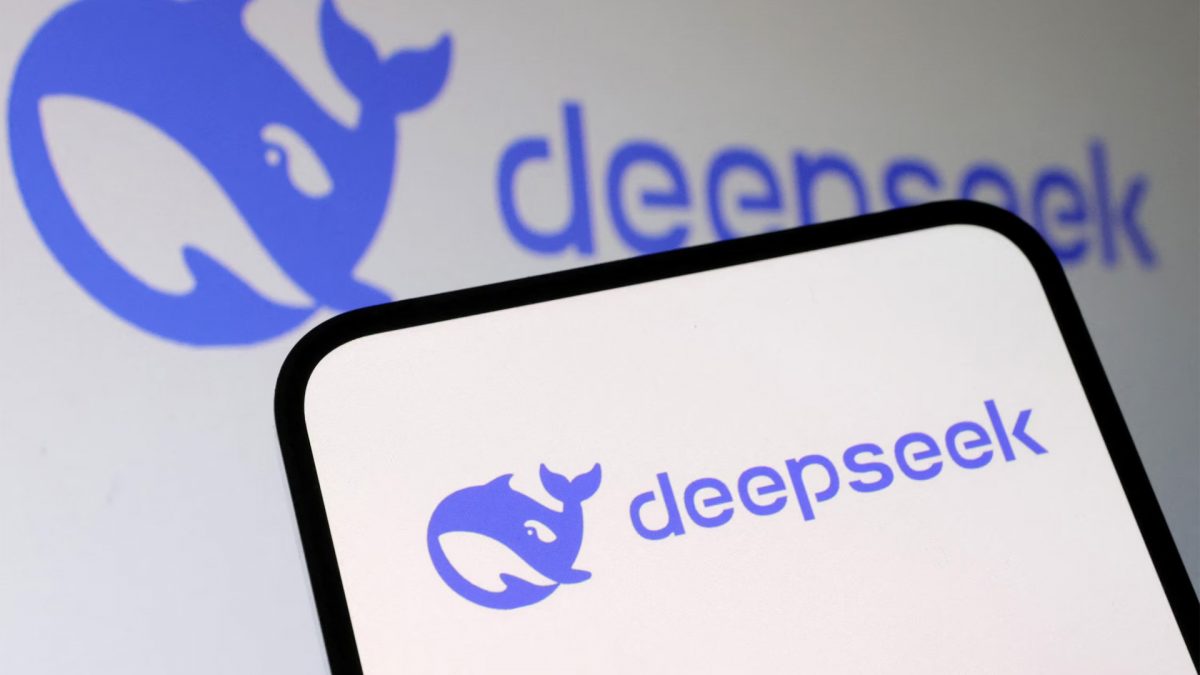Chinese startup DeepSeek caused a stir globally by creating economical AI models.
But, as the business expands, the Chinese government is closely monitoring its artificial intelligence technologies.
A report claims that the company asked that some of its key employees refrain from going abroad. This move aims to prevent sensitive information from being leaked.
The development comes after a few weeks when the Chinese government issued an order prohibiting AI experts and researchers from visiting the United States due to concerns of trade secret loss.
Here’s all we know about it.
Travel restrictions
Several DeepSeek employees are prohibited from travelling outside of China.
According to a report on the website The Information, DeepSeek is currently functioning under new, stricter government-influenced regulations following its unexpected rise to prominence in January with the launch of its open “reasoning” model, R1.
The report claims that the Chinese government now has a say in who is allowed to invest in DeepSeek, indicating that it desires greater authority over the company’s fate. Notably, the Xi Jinping-led administration has also labelled DeepSeek as its “national treasure."
Some employees’ passports, including people from the research and development department, are being held by DeepSeek’s parent firm, High-Flyer, a hedge fund, to enforce these travel limitations.
“DeepSeek engineers have handed in their China passports. The China-based AI startup that made headline earlier this year after releasing a highly capable, cost-efficient AI model, has taken the passports of some key employees," per The Information.
Kylie Robison, a senior AI reporter at The Verge, wrote that the purpose of the travel ban is to stop the disclosure of “confidential information that could constitute trade secrets or even state secrets.” The article cited three unnamed sources.
DeepSeek is widely seen as a major rival to America’s lead in AI.
The development comes after the government reportedly advised AI researchers and businesspeople to stay away from the US due to concerns about possible trade secret leaks.
According to reports that surfaced a week ago, Liang Wenfeng, the creator of the company, was hesitant to add new owners who could have an impact on how the business is run. Liang said that, in contrast to Silicon Valley AI companies, DeepSeek will prioritise AI research over making money off of its product for the time being.
By seizing passports, China is defending its AI technology, but it also poses major questions regarding personal freedoms and rights for employees.
Also read: How DeepSeek has turned a Chinese village into a tourist spot
The scrutiny
This comes after several international regulators began to scrutinise the Chinese AI chatbot.
Some nations are concerned of DeepSeek due to fears about misinformation, cybersecurity, and data security, among other issues.
India’s finance ministry recently cautioned staff against using ChatGPT, DeepSeek, and other AI tools on work-related devices, citing the potential hazards to the privacy of official documents and data.
Chinese AI companies are already subject to limitations from the US due to national security concerns.
The EU is mulling more stringent controls to make sure that foreign AI apps don’t endanger national security and user data.
Also read: DeepSeek to take on Google after disrupting OpenAI’s ChatGPT, Gemini?
What do we know about DeepSeek
According to Fortune, DeepSeek was founded as an AI firm in May 2023. Its creator, Liang Wenfeng, set it up in Hangzhou in southeastern China. He also set up a quantitative hedge fund known as High-Flyer in 2015.
As per BBC, Liang is said to have launched DeepSeek by collecting 50,000 of Nvida A100 chips. The US has since banned these chips from being exported to China. DeepSeek is believed to have combined these chips with cheaper, lower-end sets.
As per Fortune, DeepSeek took the plunge into AI by putting out DeepSeek Coder in November 2023. It then followed up with its DeepSeek LLM and DeepSeek V-2 in May 2024. Its latest models R1 and V-3 have taken the world by storm.
The low cost of the AI model and its strong performance raised eyebrows in China and other countries, like the US.
This is because people were shocked about how little money DeepSeek seemingly spent on its AI models.
Its researchers have claimed that they spent under $6 million (Rs 51 crore) on the DeepSeek V-3 launched on January 10.
That’s a fraction of what tech companies such as Apple and Microsoft spend on their AI models.
Its creators also say DeepSeek’s AI Assistant, powered by the DeepSeek-V3 model “tops the leaderboard among open-source models and rivals the most advanced closed-source models globally."
Basically, the creators claim that DeepSeek’s performance compares favourably with AI models from giants like OpenAI when it comes to maths, coding and natural language reasoning.
With inputs from agencies
)